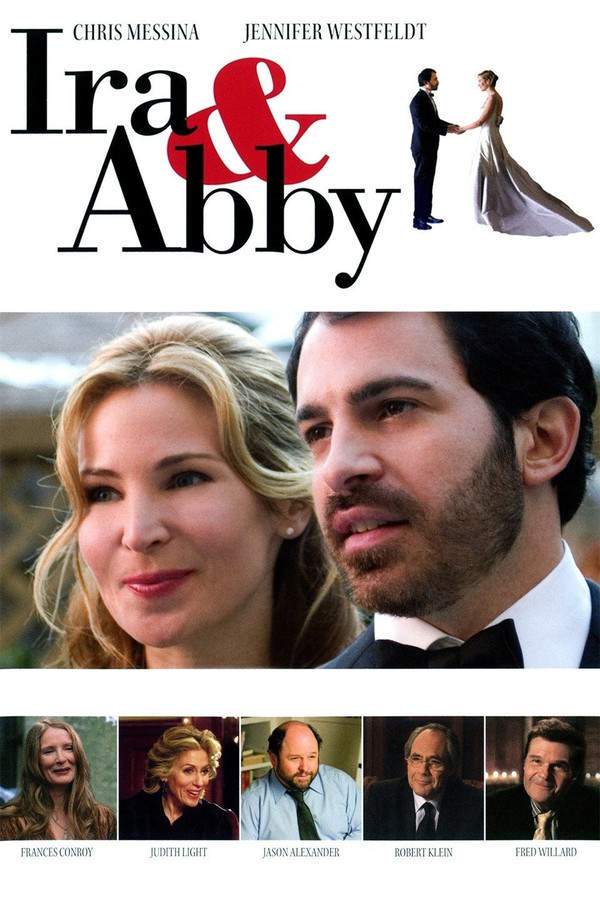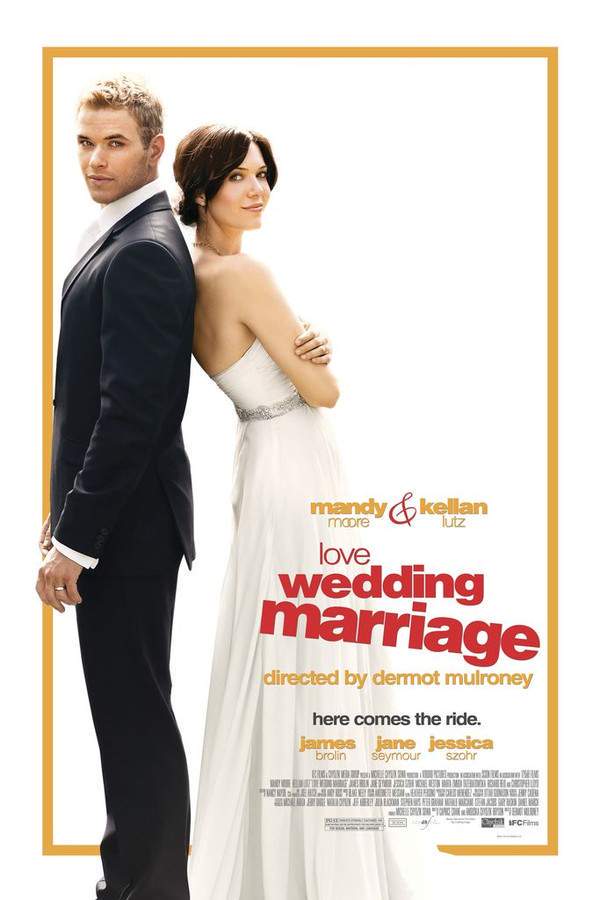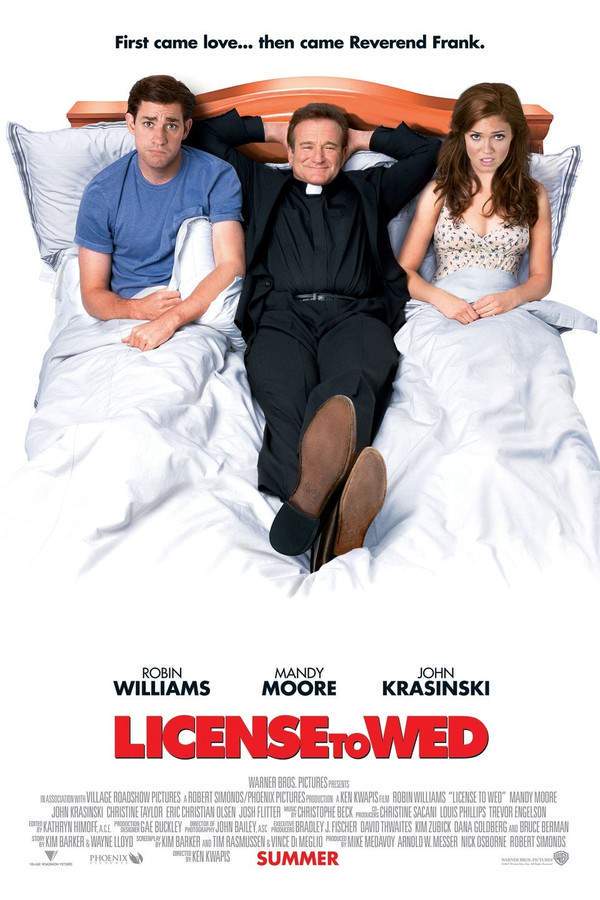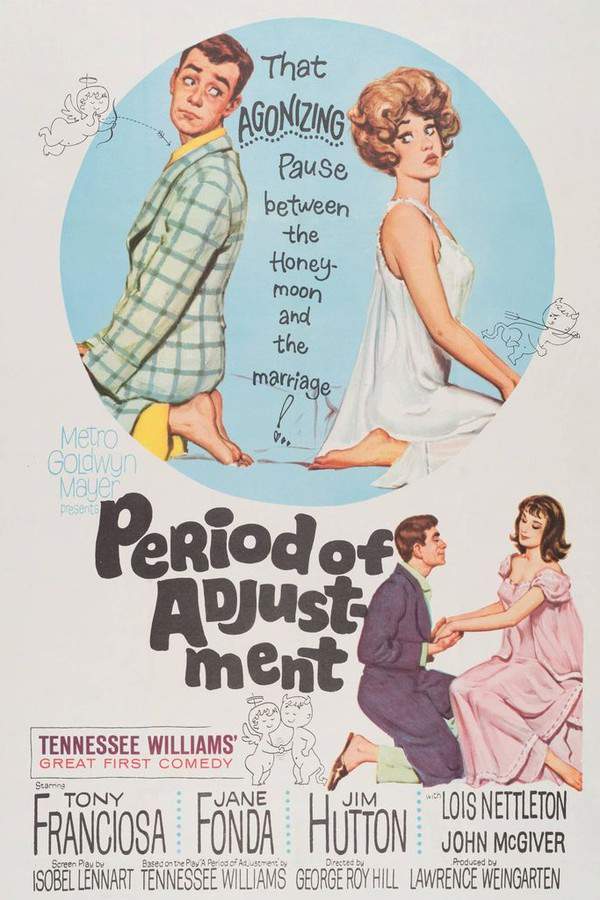
Over 21
Year: 1945
Runtime: 102 mins
Language: English
Director: Charles Vidor
In this modern, fast‑paced comedy, three delightful characters navigate absurd situations. A woman screenwriter rents a rundown bungalow to stay close to her husband, a 39‑year‑old newspaper editor who has just enlisted in the army, leading to a series of humorous misadventures.
Warning: spoilers below!
Haven’t seen Over 21 yet? This summary contains major spoilers. Bookmark the page, watch the movie, and come back for the full breakdown. If you're ready, scroll on and relive the story!
Over 21 (1945) – Full Plot Summary & Ending Explained
Read the complete plot breakdown of Over 21 (1945), including all key story events, major twists, and the ending explained in detail. Discover what really happened—and what it all means.
At the New York Bulletin, its owner Robert Drexel Gow is livid when a teletype arrives announcing that the paper’s thirty-nine-year-old editor, Max W. Wharton, is resigning to enlist in the army. The news comes with a second teletype about Max’s wife, the celebrated novelist Paula ‘Polly’ Wharton, who is in Hollywood adapting her newest book into a screenplay. Gow’s anger isn’t just about the resignation—he believes that without Max, the newspaper itself might fold, because Max is, in effect, the heartbeat of the publication.
From Hollywood, Paula phones Max to offer congratulations, and her voice carries both pride and concern. She decides to follow him to the military world, choosing to relocate wherever the officer’s candidate school might lead, driven by a desire to support her husband and to witness this journey firsthand. The couple’s sense of duty is clear, even as their personal life shifts under the strain of impending separation and new responsibilities.
After basic training, Max sends Paula a telegram with the news: the officer’s candidate school is at Tetley Field, Florida. Paula makes the trip, arriving in Palmetto Court and seeking bungalow 26D, where she meets the last tenant, Jan Lupton. Jan fills her in on life at Tetley—paraphrasing a hard-won maxim that life for the enlisted is relentless, filled with long days and constant drills. Jan also hints at the social blur between the base and the town, where friends and relatives shift into a support network that can be as demanding as the training itself. Paula and Jan swap stories about the harsh realities, the close bonds that form among soldiers’ families, and the adjustments required when a loved one steps into a world of orders and uniforms.
Max makes a surprise appearance shortly after Paula’s arrival. The reunion is warm and hopeful, yet practical concerns quickly take the foreground. They discuss the road ahead: Max’s struggle to balance intense study with his public commitment to the paper, and Paula’s wish to be supportive while navigating a different kind of life from the one she has known as a writer. Max’s determination to gain credible, real-world insight into war—so the newspaper can report with authority—conflicts with his growing awareness of the personal toll such a path may take on their marriage and on Paulie’s own ambitions and happiness.
The couple’s budding routine is interrupted when Robert, the editor-publisher, calls again, this time with urgent questions about the newspaper’s future. Paula interjects, defending Max’s time and space, and she calmly—but firmly—tells Robert not to disturb him during this crucial period of training. This moment underscores a rift between professional expectations and personal loyalty, setting the tone for the delicate dance they must perform as they navigate duty, marriage, and ambition.
Weeks roll by as Max and Paula settle into their new lives. Paula handles the daily chores of military family life—household duties, errands, and the emotional work of staying close to a husband who is continually immersed in learning and preparation. Max, ever hungry for knowledge, devotes what free moments he has to cramming in more information, pushing through exhaustion in his quest to absorb skills and insights that could shape his future reporting and the paper’s voice when the war finally arrives.
On base, Max is approached by [Paulson], a fellow member of Tetley Field’s military press ecosystem, who explains that Max’s growing fame as the “most famous recruit” could become a story for the base newspaper, Tetley Field Sentinel. Max hesitates, not wanting to overstep or neglect his duties, but the invitation to shape a narrative about himself lingers, adding another layer to the ethical question of journalism during wartime.
A formal call comes when Colonel [Foley] arrives to discuss Max’s status and the ongoing work of the unit. The Colonel mentions personal connections—namely that his wife and mother-in-law are admirers of Paula Wharton and plan to drop by the bungalow later in the day. The note is delivered with a blend of warmth and professional curiosity, hinting at the social complexities that can accompany a home front moved by war. The Colonel also alludes to Mrs. Gates’ past encounter with Paula, a reminder that rumors and relationships can ripple just as strongly as orders through the lives of those stationed at Tetley Field.
As Max grapples with the demands of schooling, duty, and journalism, the couple’s dynamic deepens—each striving to support the other while staying true to their own paths. The narrative continues to weave between the stern discipline of basic training and the intimate, hopeful moments of reunion, illustrating how war-era life tests the bonds of marriage and the integrity of a newsroom eager to tell the truth.
Throughout this period, the film examines themes of duty, adaptability, and communication. It offers a window into how families navigate separation, how soldiers’ spouses balance their own aspirations with support for their partners, and how a newspaper with a storied legacy seeks to remain credible and relevant when the country is stepping into a wartime future. The story remains grounded in the everyday realities of Tetley Field and Palmetto Court, showing how two strong-willed individuals—Max and Paula—try to chart a course that honors both their public responsibilities and their private commitments, even as new challenges and relationships unfold around them.
Last Updated: October 07, 2025 at 09:48
Explore Movie Threads
Discover curated groups of movies connected by mood, themes, and story style. Browse collections built around emotion, atmosphere, and narrative focus to easily find films that match what you feel like watching right now.
Wartime Comedies on the Home Front like Over 21
Lighthearted stories finding humor and heart amidst the backdrop of war.Looking for more movies like Over 21? This list features lighthearted comedies set against a wartime backdrop. If you enjoyed the witty humor and focus on domestic life in Over 21, you'll find similar stories of love, adaptation, and finding joy on the home front.
Narrative Summary
These narratives typically follow characters—often couples or families—as they navigate the personal disruptions of a larger conflict. The central conflict is not the war itself, but the comedic and touching misadventures of maintaining normalcy, pursuing ambitions, and supporting loved ones from the relative safety of home.
Why These Movies?
They are grouped by their shared ability to blend a wartime setting with a consistently light, comedic tone. The focus is on supportive relationships, witty dialogue, and the bittersweet-yet-hopeful feeling of carrying on with life, making them a gentle and charming viewing experience.
Affectionate Marital Comedies like Over 21
Charming stories of supportive couples navigating life's humorous hurdles together.If you liked the dynamic between the couple in Over 21, explore these similar comedies. Discover more movies featuring witty, supportive partners who face life's funny challenges together, with a light tone and a focus on reaffirming their relationship through shared misadventures.
Narrative Summary
The plot revolves around a central couple facing a situational challenge—a new job, a move, or an unexpected event—that throws their routine into disarray. The story is a series of humorous episodes where they work in tandem, their banter and teamwork serving as the primary source of comedy and emotional warmth, leading to a happy reaffirmation of their partnership.
Why These Movies?
These films share a core focus on a healthy, supportive marital relationship as the engine for both comedy and heart. The tone is consistently light and charming, the pacing steady, and the emotional journey is one of lighthearted adaptation rather than serious relationship drama.
Unlock the Full Story of Over 21
Don't stop at just watching — explore Over 21 in full detail. From the complete plot summary and scene-by-scene timeline to character breakdowns, thematic analysis, and a deep dive into the ending — every page helps you truly understand what Over 21 is all about. Plus, discover what's next after the movie.
Over 21 Timeline
Track the full timeline of Over 21 with every major event arranged chronologically. Perfect for decoding non-linear storytelling, flashbacks, or parallel narratives with a clear scene-by-scene breakdown.

Characters, Settings & Themes in Over 21
Discover the characters, locations, and core themes that shape Over 21. Get insights into symbolic elements, setting significance, and deeper narrative meaning — ideal for thematic analysis and movie breakdowns.

Over 21 Spoiler-Free Summary
Get a quick, spoiler-free overview of Over 21 that covers the main plot points and key details without revealing any major twists or spoilers. Perfect for those who want to know what to expect before diving in.

More About Over 21
Visit What's After the Movie to explore more about Over 21: box office results, cast and crew info, production details, post-credit scenes, and external links — all in one place for movie fans and researchers.

Similar Movies to Over 21
Discover movies like Over 21 that share similar genres, themes, and storytelling elements. Whether you’re drawn to the atmosphere, character arcs, or plot structure, these curated recommendations will help you explore more films you’ll love.
Explore More About Movie Over 21
Over 21 (1945) Scene-by-Scene Movie Timeline
Over 21 (1945) Movie Characters, Themes & Settings
Over 21 (1945) Spoiler-Free Summary & Key Flow
Movies Like Over 21 – Similar Titles You’ll Enjoy
Overboard (1987) Full Movie Breakdown
21 and Over (2013) Film Overview & Timeline
Twenty-one (1991) Detailed Story Recap
One Too Many (1916) Story Summary & Characters
Twenty Something (2021) Complete Plot Breakdown
She’s 19 and Ready (1979) Spoiler-Packed Plot Recap
Once More, My Darling (1949) Plot Summary & Ending Explained
Wake Me When It’s Over (1960) Full Movie Breakdown
What a Blonde (1945) Ending Explained & Film Insights
No Time for Comedy (1940) Plot Summary & Ending Explained
The Adventures of a Rookie (1943) Complete Plot Breakdown
23 1/2 Hours Leave (1937) Plot Summary & Ending Explained
Girls Under 21 (1940) Detailed Story Recap
Bachelor Apartment (1931) Full Movie Breakdown
Rally ’Round the Flag, Boys! (1958) Plot Summary & Ending Explained











































